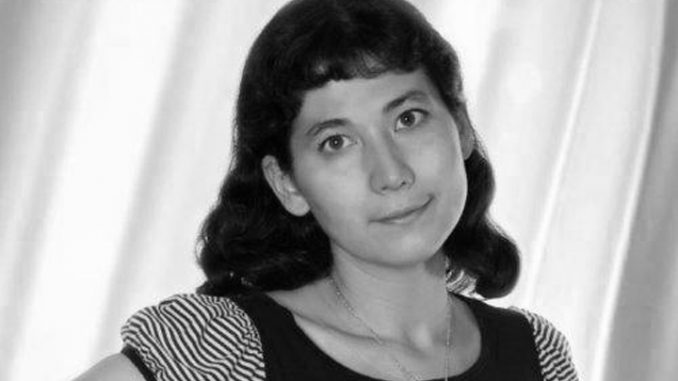

Vampires and post-apocalyptic games of human sacrifice won’t be found in alumna Lorie Maher’s self-published young adult novel, “Rittenhouse Square Rebels.” The novel is the first for Maher, an English as a second language teacher in Philadelphia.
Writing about what she knows and setting her novel in Philadelphia is something Maher takes pride in, she said. She always pays close attention to everything going on around her.
“It’s good for a writer to be in the city and know their surroundings,” Maher said.
While Maher hasn’t gone the traditional route of publishing her first novel, she hopes her first attempt at self-publishing goes well.
The Temple News: What is the premise of “Rittenhouse Square Rebels?”
Lorie Maher: It’s more of a coming of age story. I guess it’s geared toward young adults but it’s something adults could enjoy as well. It’s more [in the style] of a classic novel.
TTN: Why did you choose to set your book in Philadelphia?
LM: I’m from outside of Philadelphia and I’ve lived in the city for 10 years. I think it’s a great city, a lot of people usually use New York City as the setting for everything in a lot of TV shows and books. New York City is awesome but Philadelphia is often overlooked and it’s also a great dynamic city.
TTN: What are some of your influences in writing?
LM: As a high school student I used to like to read Mary Higgins Clark, but I also appreciated classic books. I just finished “The Color Purple,” which is very [inspiring] unlike a thriller or cozy mystery.
TTN: How was your time at Temple?
LM: I went to Temple and got my master’s in education [in 2003]. I think the Temple education program is very good. They have a dynamic program that’s very hands-on.
TTN: How has it been going as an English as a second language teacher?
LM: I like to teach students who are struggling to learn English because I have always liked reading, writing and grammar. I think it’s rewarding to help other students who might be having difficulty with the language.
TTN: What has the process of distributing and promoting your book been like?
LM: I’ve been talking to people about my book and so far they’ve been friendly. It has been a good experience and it’s been enjoyable talking to people about my book and meeting new people attending writers conferences.
I’ve asked a number of people who I admire to take a look at [my book]. I got a letter from Mayor [Michael] Nutter saying if he had the time he would look into it – he was very nice about it – and I had an editor from the Philadelphia Daily News take a look at it, too. [I’ve tried to make it available to] people who have experience in writing and publishing so they can give me feedback, so then they can teach me and I can learn from them as a writer.
TTN: What are s your future plans for your writing?
LM: I’d like to write another book and continue to learn more. I’d also like to continue to educate students and just help out the community as a teacher.
TTN: Are there going to be any sequels to “Rittenhouse Square Rebels?”
LM: No… I have ideas going through my mind but I’m pretty sure this will be a stand-alone book.
TTN: What are some of the ideas you have in mind?
LM: I was thinking of maybe more young adult fiction. As a child, that my was primary source of entertainment and I always tended to lean toward those kind of stories growing up.
TTN: How do you feel Philadelphia has influenced your writing?
LM: I think [the city] has helped it because I think the city life is always bustling so you always see a lot of different kinds of people. They give ideas of characters to use in your mind, especially since the city is [so easy to walk through]. You see all kinds of different characters at night. It’s a motley of different kinds of people, including social classes.
There’s so much going on and as writer you want to be able to write stuff that’s interesting and alive. Philly isn’t dull.
Luis Fernando Rodriguez can be reached at luis.fernando@temple.edu.


Be the first to comment